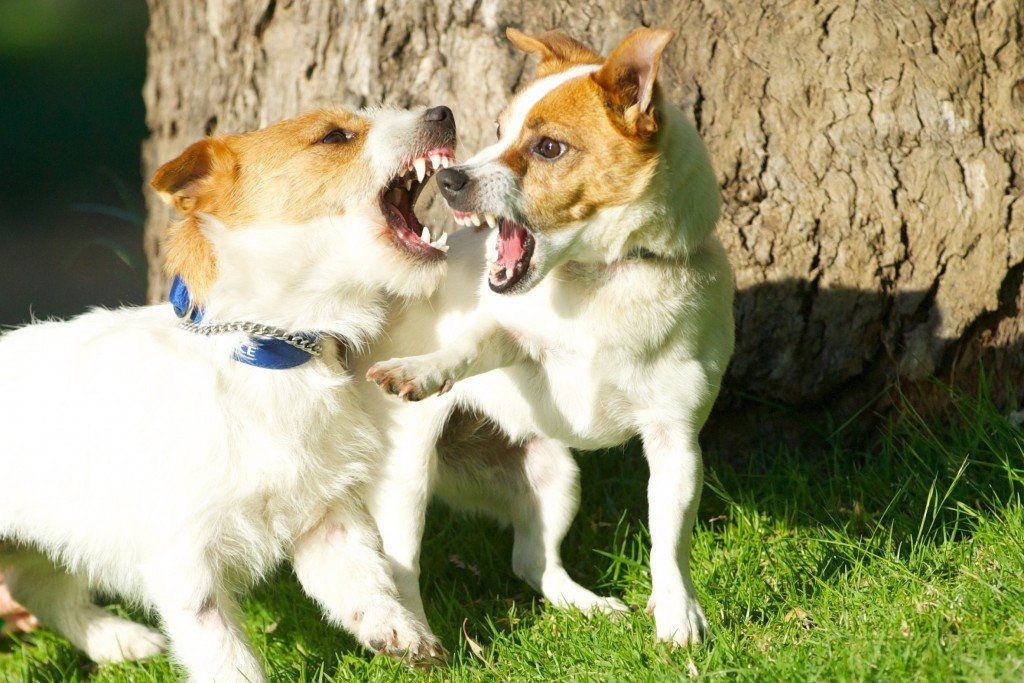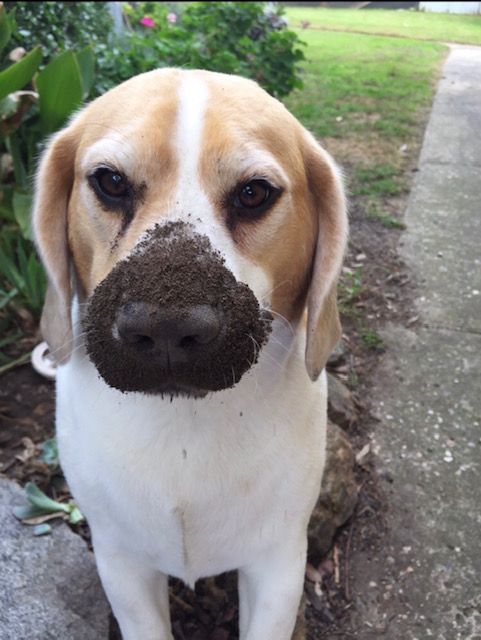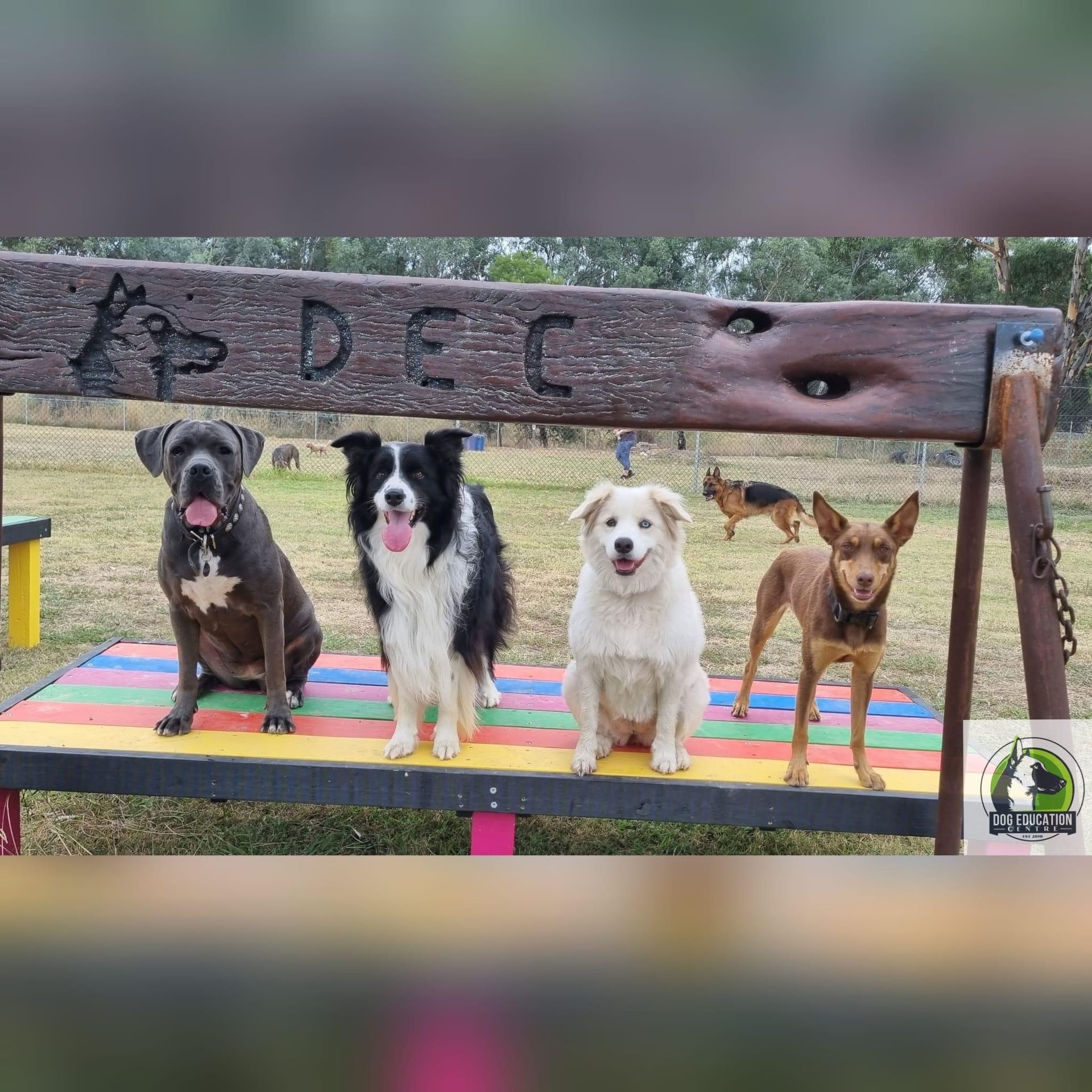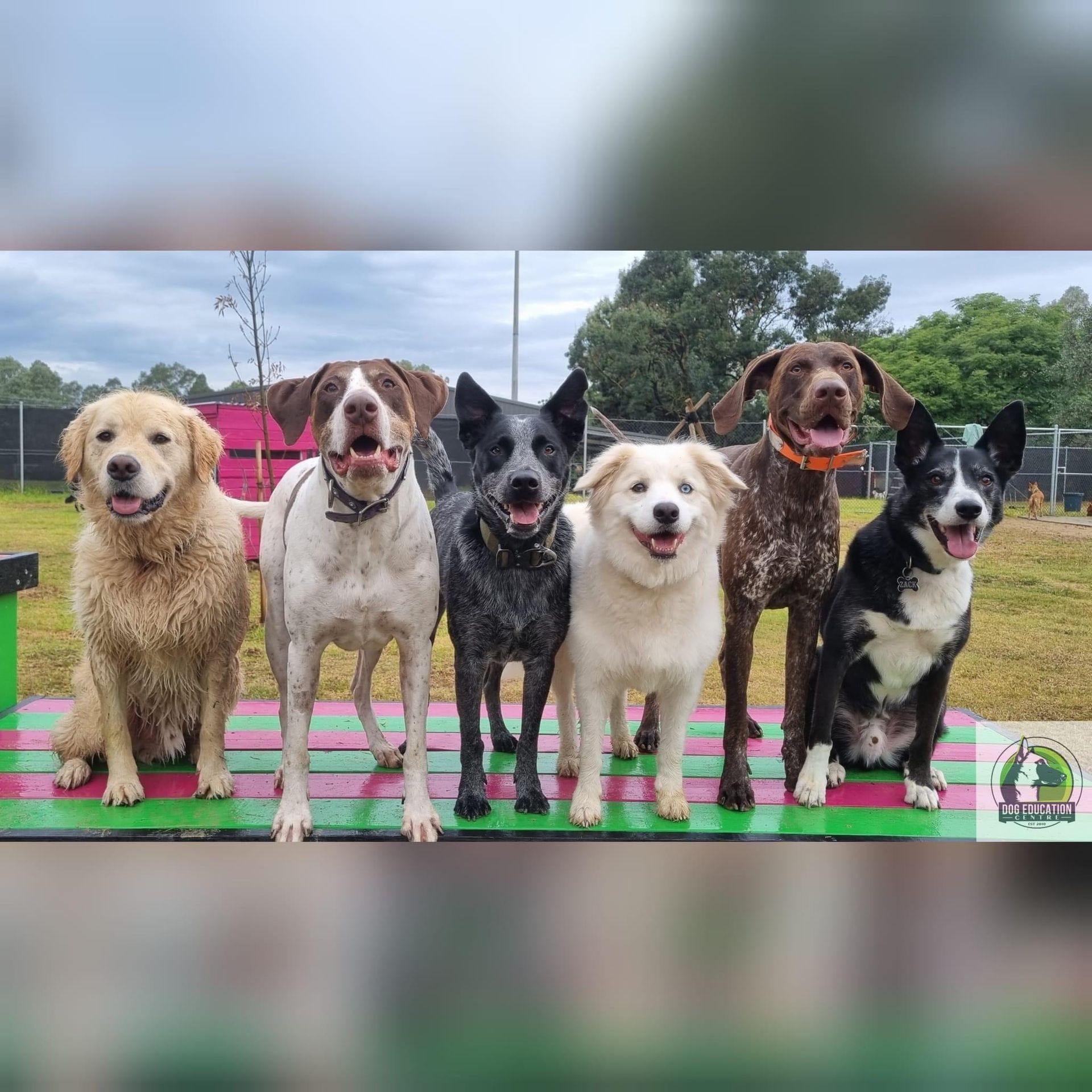What is it? Is it normal? What you can do to prevent it.

What is redirected aggression?
Redirected aggression is aggression caused by excitement, frustration or arousal that is directed at a particular target but when the dog is unable to reach the intended target or is interrupted, the dog redirects that response to what is near to it.
An example of redirected aggression is two dogs running along a fence barking at a dog or person walking past, and then they turn on each other growling and biting.
Another example is when two dogs are fighting and a human tries to intervene. The fighting dogs can swing around and bite the person who is trying to stop the fight.
Redirected aggression can also occur when you are walking your dog on a lead and it gets overly stimulated and turns to nip the handler.
Redirected aggression ALWAYS happens when the dog is an aroused state. The longer the dog is in a state of arousal, the more likely it is to occur.
How do we stop redirected aggression?
Prevention, Training and Management. If you know your dogs fence fight, keep them away from area where the fights start. If the dog is further away from the stimulus, they are less likely to be aroused and therefore redirected aggression is less likely to occur.
Altering your environment will alter the behaviour.
If your dog displays redirected aggression on lead, you need to master loose lead walking and ensure your engagement is high.
Always give your dog an alternate behaviour to perform.
Redirection tends to happen more frequently in dogs that are more intense in nature. They are the dogs that are a bit more wound up, ready to go and exuberant about life. Ensuring your dog has received adequate exercise, training and environmental enrichment can reduce this behaviour. If your dog is satisfied, tired and relaxed, it's less likely to jump straight into a state of high arousal and frustration.
The important thing to remember is that redirected aggression is a completely normal response
to an emotion
that the dog is feeling. It doesn't make it pleasant to see or deal with and it also does not
necessarily mean that your dog is aggressive and needs to be put to sleep. It does
mean that you have work to do with your dog to change the dogs emotional state and stop the behaviour from occurring.
If you have issues with redirected aggression, speak to your trainer about how to solve the issue.
Happy training xx




